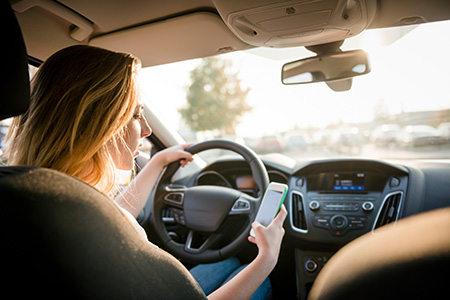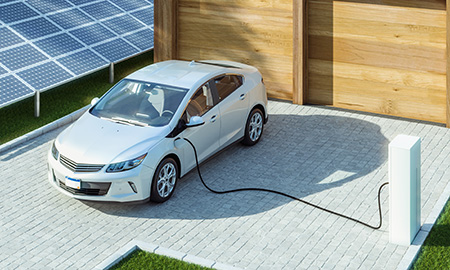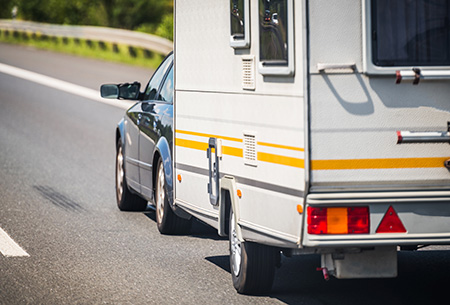At Vavista, we like to keep our policyholders informed. You may have heard about the new driving rules and highway code changes coming into force this year. The list is long and a little complex, so we’ve highlighted 4 of them that could catch you out.
Make sure you’re up to date on driving laws and highway code rules by checking the Government website regularly.
1. Cyclists, pedestrians and horse riders will now have priority

The rules in the highway code have now changed so: ‘road users who can do the greatest harm, have the greatest responsibility to reduce the danger they may pose to others’.
The government has included guidance on how to pass cyclists safely. Cyclists now have priority when you are both at a junction and travelling straight ahead. Check the code for how far you should be from cyclists, pedestrians, and horse riders when you pass them.
This means pedestrians, cyclists and horse riders now are at the top of the hierarchy, when it comes to right of way. You can head to the government website for further details on this.[1]
2. Stricter rules on mobile phone use in vehicles

Rules around using your mobile are getting stricter in 2022. Most people know texting and calling without hands free equipment is illegal. The following is now also illegal:
- Using a device to take photos and videos
- Playing games
- Searching playlists
It can be tempting to do these things when stopped at traffic lights or stuck in traffic, but the highway code makes these illegal and punishable by a £200 fine and six licence points very soon.[2]
To do any of the above, you should pull over and stop safely. For more information on the exact rules involving mobile phones and driving, head to the government website[3].
3. New homes to have EV charging points fitted by law in 2022

On the 22 November 2021, the Government announced that all new builds in England in 2022 will legally have to install EV charging points. This law will also apply to any of the following in 2022:
- New build workplaces
- Supermarkets
- Buildings undergoing major renovations
The government believes this could lead to up to 145,000 extra EV charging points every year. They state, it should ‘make it as easy as refuelling a petrol or diesel car today’. New petrol and diesel cars are banned from the year 2030, this will ease the country into making the switch to electric cars.[4]
4. Rule changes on what you can tow

The rules about towing a trailer or caravan with a car changed on 16 December 2021.
If you passed your car driving test on or after 1st January 1997, you can tow trailers up to 3,500kg Maximum Authorised Mass (MAM). MAM is the limit on how much a vehicle can weigh when it’s loaded. To work out how much you can tow, check your car’s handbook and find out its gross train weight (GTW). This is the total allowable weight of the car plus the trailer plus the load.
If you passed your car driving test before 1 January 1997, you are not affected by the change. When driving a car with a trailer for the first time, it’s recommended by the DVLA that you get training from a driving instructor to show you how to do this properly.[5]
For more information on all the highway code updates then head to the Government’s website.
[1] The Highway Code: 8 changes you need to know from 29 January 2022 – GOV.UK (www.gov.uk)
[2] Drivers to be banned from using hand-held devices – BBC News
[3] Any use of hand-held mobile phone while driving to become illegal – GOV.UK (www.gov.uk)
[4] New homes in England to have electric car chargers by law – BBC News
[5] New rules for towing a trailer with a car from 16 December 2021 – GOV.UK (www.gov.uk)



